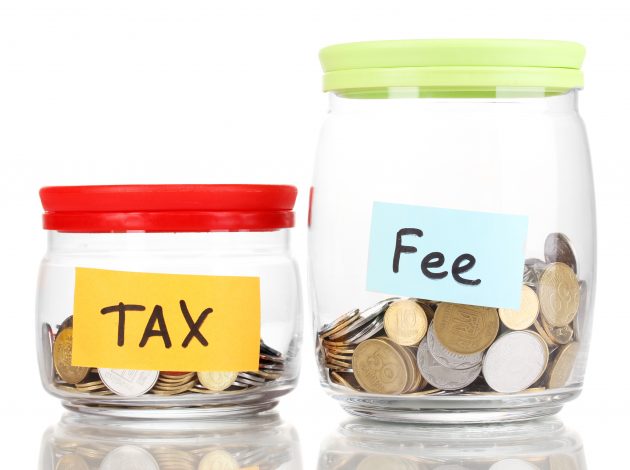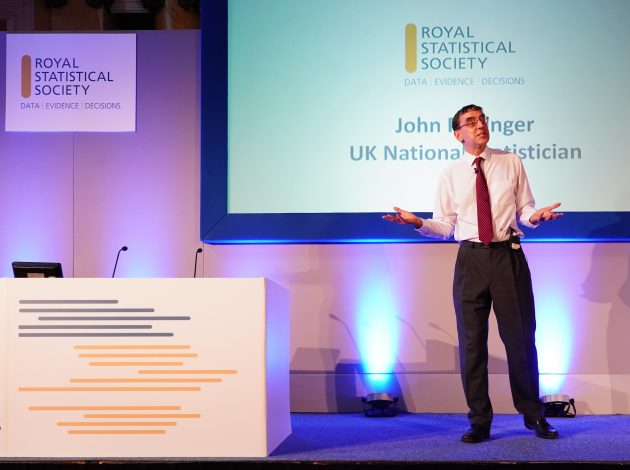Taxing decisions: How the ONS tells the difference between taxes and fees – and why it matters

As well as the money it raises in direct and indirect taxation, the Government receives income from providing services for its citizens. Company registrations, passport and driving licence applications are all examples of fees charged by government bodies. But when does a charge levied on the public stop being a “fee” and become a tax instead? David Beckett explains the criteria the ONS uses to make that decision and why that determines how the money can be used.
Read more on Taxing decisions: How the ONS tells the difference between taxes and fees – and why it matters